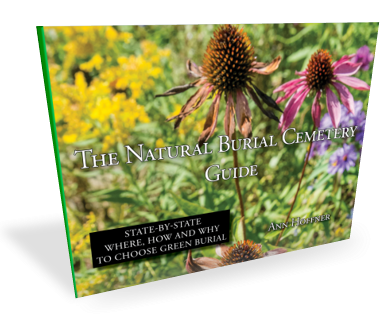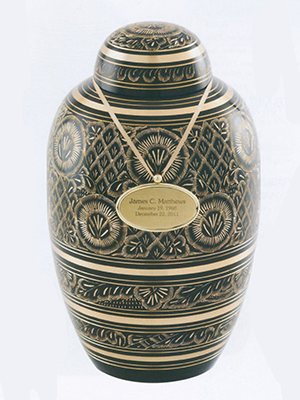An unfortunate fact of life is that we are all going to die at some point. So, why not make it easy on your family and be prepared for it? It’s important that you get everything in order because it ensures that everything in your life is organized, so others can see what you want to happen after you’re gone, what you own, and how to handle various situations. It can be emotionally challenging to think about end-of-life decisions, but it will help your loved ones be in a more comfortable position later.
After Death
You should begin with planning what happens after you die. To prepare planning what happens after you die, you should start off with drafting a last will and testament. This document designates what happens with your property, guardianship of your children, and names an executor, which is who carries out your wishes after you die. You should seek the advice of an estate law attorney, to help you with the drafting of your will. The person you’ll name as an Executor on your Will, handles your estate, finances, debts, and everything else. The last will and testament only goes into effect after you have died.
Funeral or Memorial Service
If you want a funeral or memorial service it’s important that you let your family know your wishes in writing. This will ensure that your family follows your wishes once you have passed. You can decide between wanting a burial or cremation. If you want a burial, you’ll need to contact a cemetery and purchase a plot. If you want a cremation you’ll need to contact a funeral home and arrange any details with them. You can also decide to pre-pay for any arrangements and how you want certain details of the memorial service. Conveniently, you can now make online arrangements, which could help people feel more comfortable and at ease in making funeral arrangements.
Before Death – Incapacitated
If you’re ill or incapacitated, then you’ll need a living will, power of attorney, and a medical power of attorney. A power of attorney is a document that names someone of your choosing who can attend to financial or legal matters if you fall ill or are unable to handle them yourself. A living will outlines your wishes for medical care if you’re in an accident and can’t speak for yourself. You should keep a copy for yourself and give a copy to your physician, a family member, and your healthcare agent. You may also designate a medical power of attorney; the person you choose in this document makes medical choices for you if they’re not included in your living will, or if you give them the power to override your previous choices if the circumstance warrants it.
Finances and More
Once you’ve gotten your will and ancillary documents in place, it’s important that you start getting your finances in order. You should get your life insurance policy and retirement plans together, because if your heirs don’t know that these policies and accounts exist, they won’t be able to claim the funds. If you don’t have a life insurance policy, it is recommended that you get one. Life insurance helps your family pay for funeral costs, car loans, credit cards, mortgages, and everything else. You should also get all your debts together and put in one place so your heirs can pay your bills.
Important Documents
Lastly, you should keep all paperwork and important documents about your life in a safe place and share its locations with your family.
Do you still have questions about funeral homes, life insurance or other information discussed above? click the link to find more about these topics.




